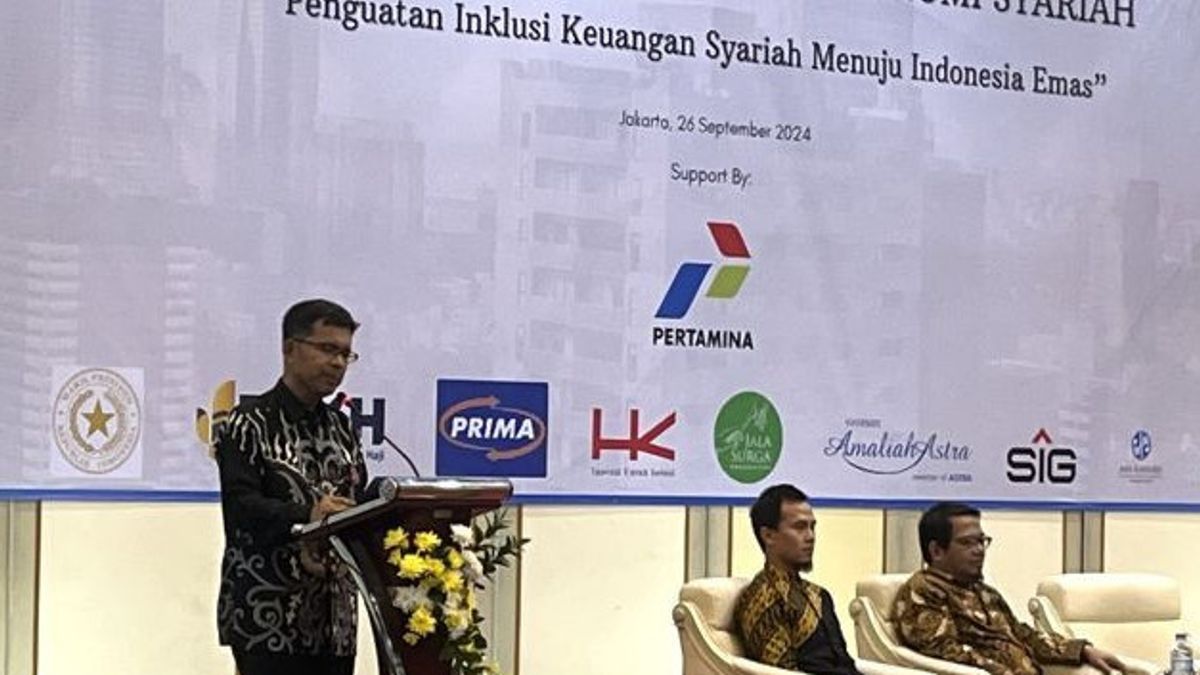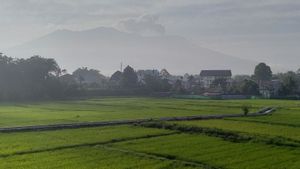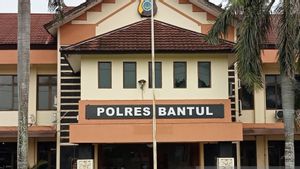JAKARTA - Director of the Department of Sharia Economics and Finance (DEKS) Bank Indonesia (BI) Rifki Ismal said that the class of non-Civil Servants (PNS) employees do not understand Islamic finance.
"It turns out that the public understands the Islamic financial economy of lecturers and civil servants. There are very few non-civil servants who understand Islamic finance, even though there are millions of non-civil servants. But from the survey, it turns out that not many of them understand Islamic finance," he said in the Symposium of Finance and Sharia Economics', at the Kartika Chandra Hotel, Jakarta, quoted from Antara, Thursday, September 26.
In addition, people who understand Islamic finance mostly come from provinces with a majority Muslim population and have a fairly high Islamic level. For example, provinces with many Islamic boarding schools and scholars automatically have a high level of sharia economic literacy.
On the other hand, Muslim populations who do not become the majority in certain provinces have low economic literacy rates.
"It's our homework as well, how to increase people's understanding of the Islamic financial economy," he said
Based on the latest survey from BI, it shows that Indonesians who understand Islamic social finance (financial instruments in the form of zakat, infaq, alms, and waqf) are not evenly distributed.
Most residents in the country are said to tend to know waqf is only related to mosques, graves, orphanages, or tahfidz houses built on waqf land. In fact, the paradigm related to waqf in the international world is already very wide.
"Al-Azhar (Egyptian University) was built on waqf land. In a conventional context, Harvard University is the value of endowment funds (eternal funds), if our language may be waqf, Harvard endowment fund is higher than Indonesia's foreign exchange reserves," said Rifki.
SEE ALSO:
Under these conditions, he assessed that the role of journalists is very important to increase public understanding of Islamic social finance. This is because the number of Islamic economic literate literacy in Indonesia is only 28 out of 100 people according to the 2022 BI survey
The role of journalists is how to convince them (the public), not only understand, not only know, but they are convinced. They took action, they immediately took a role, immediately took part in the development of Islamic social finance. That's the very central role of journalists," said the Director of DEKS BI as well.
The English, Chinese, Japanese, Arabic, and French versions are automatically generated by the AI. So there may still be inaccuracies in translating, please always see Indonesian as our main language. (system supported by DigitalSiber.id)
















